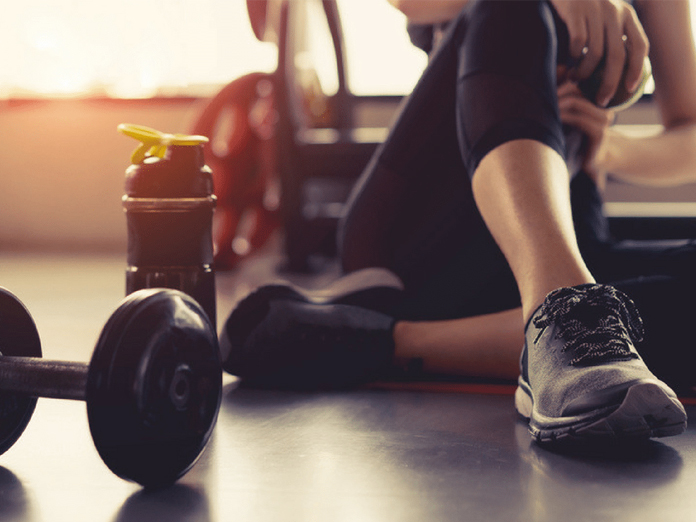Exercise can counter bad work schedules

Exercising can help counter the effects of jet lag, shift work and other disruptions to the bodys internal clock and help people cope with erratic schedules The researchers from University of California, San Diego and Arizona State University in the US examined body clocks following exercise in 101 participants for up to five and a half days
Washington: Exercising can help counter the effects of jet lag, shift work and other disruptions to the body's internal clock and help people cope with erratic schedules. The researchers from University of California, San Diego and Arizona State University in the US examined body clocks following exercise in 101 participants for up to five and a half days.
The circadian body clock is the 24-hour cycle that regulates many physiological processes including sleeping and eating. Many factors affect this internal body clock including light and time cues.
Exercise has been known to cause shifts in the circadian clock, however very little is known about this effect. The study, published in The Journal of Physiology, showed that exercising at 7 am or between 1 and 4 pm advanced the body clock to an earlier time and exercising between 7 and 10 pm delayed the body clock to a later time.
Exercising between 1 and 4 am and at 10 am, however, had little effect on the body clock, and the phase-shifting effects of exercise did not differ based on age nor gender. "Exercise has been known to cause changes to our body clock. We were able to clearly show in this study when exercise delays the body clock and when it advances it," said Shawn Youngstedt, from Arizona State University.
"This is the first study to compare exercise's effects on the body clock and could open up the possibility of using exercise to help counter the negative effects of jet lag and shift work," Youngstedt said in a statement.
The baseline timing of each participant's body clock was determined from urine samples collected every 90 minutes to measure the time of the evening rise in melatonin and the peak of melatonin several hours later.
Given that the subjects tested were more physically active than average, the results might not translate to the average person. Further research will look at combining exercise with bright lights and melatonin to see what impact this has on body clocks, as well as examining the effect of changes in exercise duration and intensity on the body clock.








